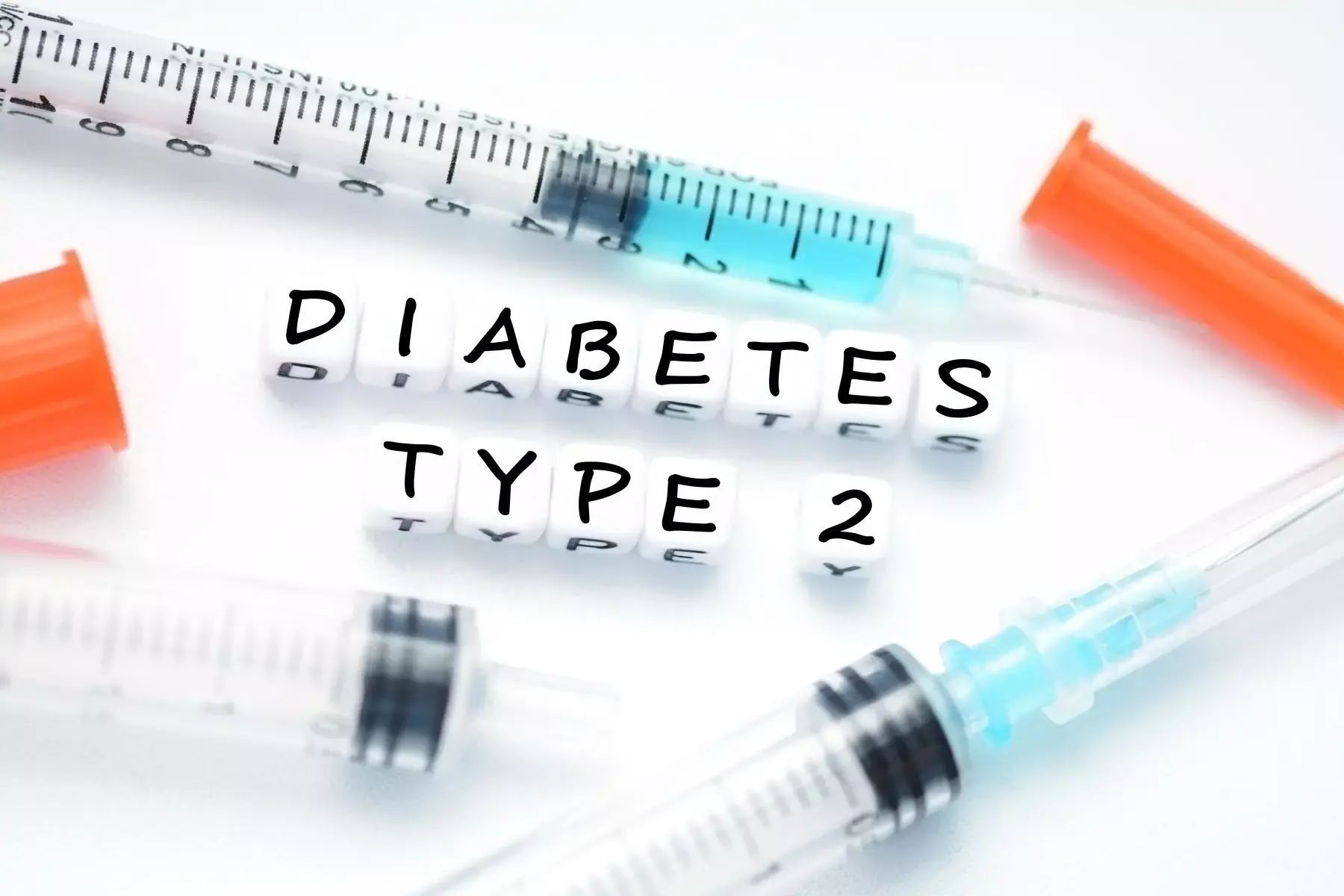- Home
- Medical news & Guidelines
- Anesthesiology
- Cardiology and CTVS
- Critical Care
- Dentistry
- Dermatology
- Diabetes and Endocrinology
- ENT
- Gastroenterology
- Medicine
- Nephrology
- Neurology
- Obstretics-Gynaecology
- Oncology
- Ophthalmology
- Orthopaedics
- Pediatrics-Neonatology
- Psychiatry
- Pulmonology
- Radiology
- Surgery
- Urology
- Laboratory Medicine
- Diet
- Nursing
- Paramedical
- Physiotherapy
- Health news
- Fact Check
- Bone Health Fact Check
- Brain Health Fact Check
- Cancer Related Fact Check
- Child Care Fact Check
- Dental and oral health fact check
- Diabetes and metabolic health fact check
- Diet and Nutrition Fact Check
- Eye and ENT Care Fact Check
- Fitness fact check
- Gut health fact check
- Heart health fact check
- Kidney health fact check
- Medical education fact check
- Men's health fact check
- Respiratory fact check
- Skin and hair care fact check
- Vaccine and Immunization fact check
- Women's health fact check
- AYUSH
- State News
- Andaman and Nicobar Islands
- Andhra Pradesh
- Arunachal Pradesh
- Assam
- Bihar
- Chandigarh
- Chattisgarh
- Dadra and Nagar Haveli
- Daman and Diu
- Delhi
- Goa
- Gujarat
- Haryana
- Himachal Pradesh
- Jammu & Kashmir
- Jharkhand
- Karnataka
- Kerala
- Ladakh
- Lakshadweep
- Madhya Pradesh
- Maharashtra
- Manipur
- Meghalaya
- Mizoram
- Nagaland
- Odisha
- Puducherry
- Punjab
- Rajasthan
- Sikkim
- Tamil Nadu
- Telangana
- Tripura
- Uttar Pradesh
- Uttrakhand
- West Bengal
- Medical Education
- Industry
Italian guidelines for treatment of type 2 diabetes released

Italy: A recent study, published in the journal Acta Diabetologica has reported Italian guidelines for the treatment of type 2 diabetes. The guideline is directed to physicians, dietitians, nurses, and educators working in diabetes specialist clinics; general practitioners; nurses and dietitians working in territorial services or private offices; and patients with diabetes.
The guideline was developed by Edoardo Mannucci, University of Florence, Largo Brambilla, Florence, Italy, and colleagues with an objective to provide a reference for the pharmacological and non-pharmacological treatment of type 2 diabetes in adults.
The guideline contains recommendations on the following clinical aspects of type 2 diabetes: 1) treatment targets; 2) nutritional therapy; 3) physical exercise; 4) educational therapy; 5) pharmacological treatment (for patients with and without previous cardiovascular disease), and 6) glycemic monitoring.
RECOMMENDATIONS
Treatment targets
- A target HbA1c between 49 mmol/mol (6.6%) and 58 mmol/mol (7.5%) is recommended for patients with type 2 diabetes treated with drugs capable of inducing hypoglycemia.
- A target HbA1c below 53 mmol/mol (7%) is recommended for patients with type 2 diabetes treated with drugs that are not capable of inducing hypoglycemia.
- A target HbA1c of 48 mmol/mol (6.5%) or lower is suggested for patients with type 2 diabetes treated with drugs which are not capable of inducing hypoglycemia.
Nutritional therapy
- Structured Medical Nutrition Therapy is suggested for the treatment of type 2 diabetes.
- A balanced (Mediterranean) diet is suggested, rather than a low-carbohydrate diet, for the treatment of type 2 diabetes.
Physical exercise
- Regular physical exercise is suggested for the treatment of type 2 diabetes.
- There is no evidence to prefer a threshold of 150 minutes per week for aerobic training in the treatment of type 2 diabetes.
- Combined (aerobic and resistance) training is suggested, rather than aerobic training alone, for the treatment of type 2 diabetes.
Educational therapy
- Structured educational therapy is suggested for the treatment of type 2 diabetes.
- Grouped-based educational programs are suggested, rather than individual, for the treatment of type 2 diabetes.
Pharmacological treatment
- The use of metformin is recommended as first-line long-term treatment in patients with type 2 diabetes, without previous cardiovascular events. SGLT-2 inhibitors or GLP-1 receptor agonists are recommended as second-line treatments. Pioglitazone, DPP-4 inhibitors, acarbose and insulin should be considered as third-line treatments
- The use of metformin, SGLT-2 inhibitors or GLP-1 receptor agonists is recommended as first-line long-term treatment in patients with type 2 diabetes with previous cardiovascular events and without heart failure. DPP-4 inhibitors, pioglitazone, acarbose and insulin should be considered as second-line treatments.
- The use of SGLT-2 inhibitors is recommended as first-line long-term treatment in patients with type 2 diabetes with previous heart failure. GLP-1 receptor agonists and metformin should be considered as second-line treatments. DPP-4 inhibitors, acarbose and insulin should be considered as third-line treatments.
- The use of basal insulin analogs is recommended, instead of NPH, for all patients with type 2 diabetes needing treatment with basal insulin.
- The use of prandial insulin analogs is suggested for patients with type 2 diabetes needing treatment with prandial insulin.
- The routine use of continuous subcutaneous insulin infusion in inadequately controlled patients with type 2 diabetes is not recommended.
Glycemic monitoring
- The authors suggest structure (with a pre-defined scheme of required tests) capillary blood glucose self-monitoring in the treatment of type 2 diabetes.
- Continuous glucose monitoring (continuous or on-demand) is not suggested rather than self-monitoring blood glucose in patients with type 2 diabetes on basal-bolus insulin therapy.
Reference:
Mannucci, E., Candido, R., Monache, L.d. et al. Italian guidelines for the treatment of type 2 diabetes. Acta Diabetol (2022). https://doi.org/10.1007/s00592-022-01857-4
KEYWORDS: type 2 diabetes, Acta Diabetologica, nutritional therapy, diabetes treatment, exercise, educational therapy, glycemic monitoring, blood sugar, HbA1c, hypoglycemia, Edoardo Mannucci, Mediterranean diet, diet, low carb diet, aerobic training, insulin
Dr Kamal Kant Kohli-MBBS, DTCD- a chest specialist with more than 30 years of practice and a flair for writing clinical articles, Dr Kamal Kant Kohli joined Medical Dialogues as a Chief Editor of Medical News. Besides writing articles, as an editor, he proofreads and verifies all the medical content published on Medical Dialogues including those coming from journals, studies,medical conferences,guidelines etc. Email: drkohli@medicaldialogues.in. Contact no. 011-43720751


